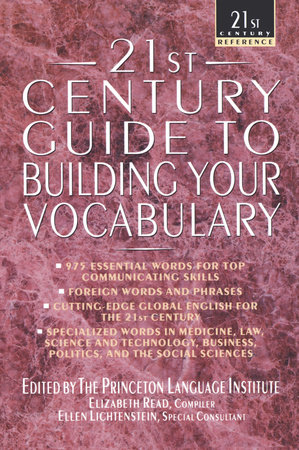
Yes, I know. There has been a long pause between posts. Some students kept reminding me to update the blog. I would make a lame excuse : “I’m not inspired”, which although sincere, wasn’t quite justifiable, nor believable. After a while, they just gave up.
The new school year started off well and yet my mind was blank and I couldn’t think of anything worth sharing! It wasn’t until yesterday that my inspiration came back and this was, once more, a result of a class discussion.
A student of mine was learning a set of idioms and was quite upset by an explanation given in the textbook for the expression: “For the time being”. It was: ” For the present time, until later”.
She insisted that the part “until later” was confusing. “Well “, I said, ” this expression implies that in the future , or later, things may change”. For me , of course , it was clear but it made me think about the way words are defined in dictionaries and how confusing dictionary entires may be depending on the learner’s first language or his/her cultural background.
Funnily enough, in the many years that I have been teaching, this has never crossed my mind! Mind you, she was the first student to have said: ” Are dictionary definitions written like this on purpose, to make things more difficult for us learners?” This was a joke, of course, but it did show the depth of her frustration.
As always , I recommended reading examples of idiomatic expressions in context and then deducing their actual meaning and not relying so much on the definition itself.
Later on, out of curiosity, I decided to see how a few dictionaries define the same expression.
Here are the results:
- oxforddictionaries.com : for the present; until some other arrangement is made.
- collinsdictionary.com : for the moment; temporarily
- dictionary.cambridge.org: at this time
To be honest, I don’t really see the difference between saying :” until later or “until some other arrangement is made”, although the latter seems more precise, doesn’t it?
Anyway, as we went on talking about the subject, I told her about the fact that some words in English have two completely opposite meanings. These words are called CONTRONYMS or AUTO-ANTONYMS or JANUS WORDS and there is a fair number of them in English.
Luckily, my student has already reached a solid level of English, but even so, I could see the spark of despair in her eyes. She left the classroom with a bitter feeling that she will never master this impossible language.
On the other hand, I rushed to Mr Google to find out how many contronyms there are and started thinking of ways to help my students work around their vocabulary related doubts, some of which are so rarely mentioned in the classroom.
At the same time, I’ve got a new topic for my next blog post!
I will help my students.
I can’t help feeling happy about it!
spoiler: I just used a contronym!




